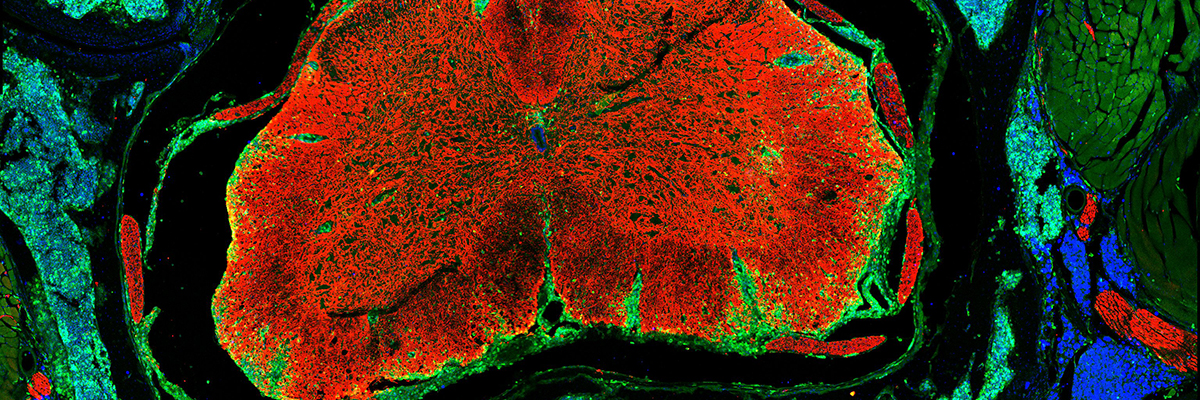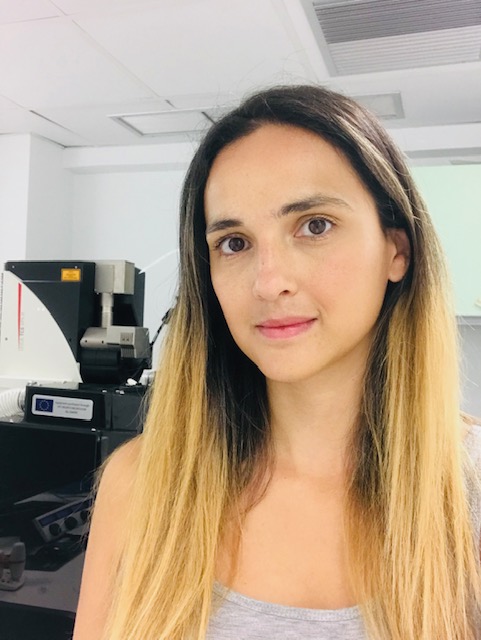
Research in the Section of Immunology focuses on understanding how the immune system functions to maintain the homeostasis of the body under physiological conditions, following trauma and during infection or disease, as well as how dysfunction of the immune system contributes to the development of human disease. A wide spectrum of human diseases is investigated, particularly chronic immune pathologies such as multiple sclerosis, arteritides, antiphospholipid syndrome, and myasthenia as well as immune responses against intracellular pathogens, iron homeostasis and cancer. The main objective of research is to develop novel immunotherapies and biomarkers for such conditions. The experimental approach mainly involves investigation of human cells, tissues and fluids, natural cell-penetrating antibodies, the development of human antibodies for diagnosis and immunotherapy, as well as a wide range of experimental and humanized disease models in combination with immune gene-targeted mice. Since the beginning of the CoVID-19 pandemic, work in the Section has developed antigens and sensitive immunoassays for specific detection of the virus, and these tools have been used to monitor antibody responses in patients as well as in healthy individuals following vaccination. The Immunology Section supports 5 independent research teams. It is actively involved in training undergraduate and postgraduate students from Universities in Greece and abroad.









